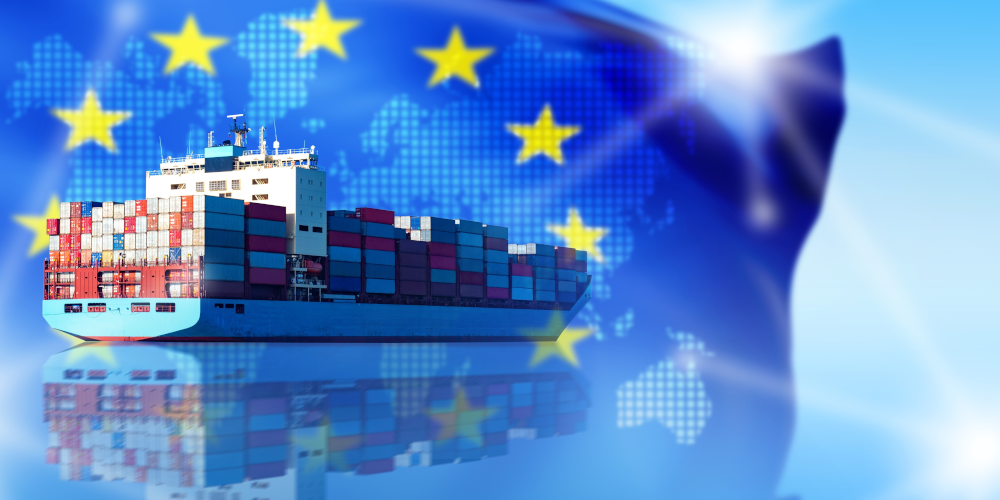Browse our services
Explore how Shearwater Law can help you
Find a maritime expert
Meet our team, find and expert and connect
Talk to our experts
Get in touch, we're here to help

On May 20, 2025, the European Union officially adopted its 17th package of sanctions in relation to Russia, as set out in Council Decisions (CFSP) 2025/931 and 2025/936. The sanctions target key aspects of Russia's economic and military infrastructure, with a particular focus on maritime activities, energy revenues, the military-industrial complex, and illegal activities in occupied Ukrainian territories.
A major component of this package is aimed at dismantling Russia’s so-called “shadow fleet,” which is used to circumvent sanctions and transport crude oil covertly:
The EU continues to target sources of revenue for the Russian state:
To undermine Russia’s ability to sustain and modernize its war efforts:
Further sanctions address abuses in occupied Ukrainian regions:
Geopolitical events have pushed sanctions high up the agenda for everyone involved in the shipping industry. For vessel owners and charterers, commodity traders and individual business owners, the spectre of sanctions - and the consequences of breaching those sanctions - loom large.
If you require support navigating the complex web of sanctions, then Shearwater Law can help. Our sanctions is able to provide a 360 sanctions service, spanning; the screening of customers and suppliers, advice on sanctions regulations, support on sanctions disputes and investigations, and sanctions compliance procedures.